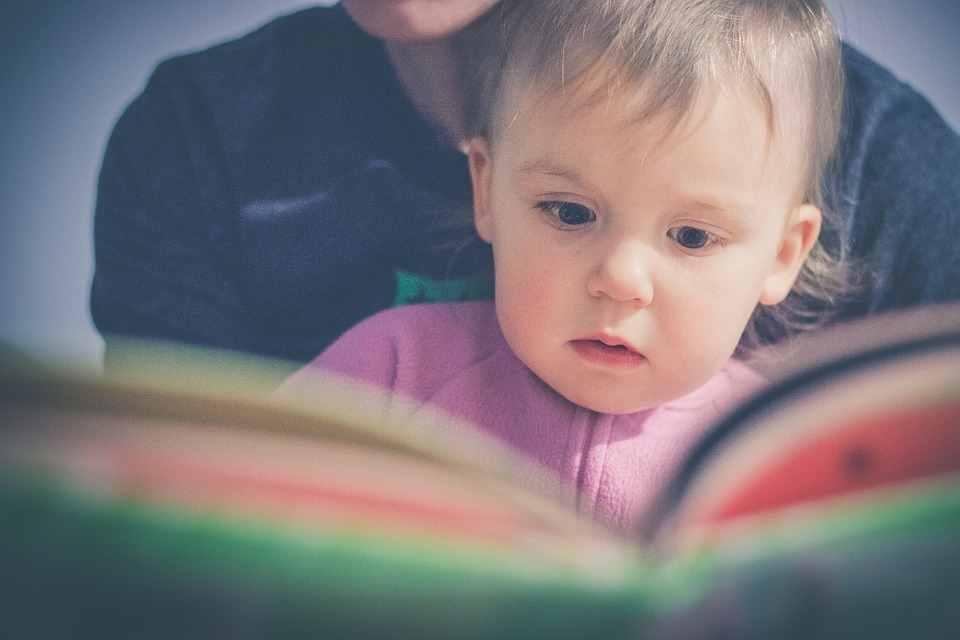
Parenting is one of the most rewarding experiences in life. It’s also one of the most difficult challenges anyone can face. Without tending to your own needs first, it can be even more formidable. Incorporate these clever strategies into your lifestyle to ensure success for you and your infant.
The struggle is real. Parenting is challenging, stretching you in capacities you never dreamed of previously. One of the ways it stretches new parents is physically. Let’s face it: parenting is exhausting! According to Psychology Today, most parents are running on empty. The average mom is working a whopping 98 hours per week with only 17 minutes per day to herself. If this sounds all too familiar, it’s time to re-evaluate.
While you may believe that giving all you have is doing your best for your family, you would be better off spending more time on yourself. Being tired, unable to focus, low on energy, irritable and disengaged isn’t good for you, and it’s not good for those around you. By first tending to your own needs, you can then give more and give better to your loved ones.
Good self-care. Self-care isn’t expensive, it isn’t time-consuming, and it doesn’t require an abundance of freedom. Self-care involves actively pursuing a lifestyle that encourages your mental, physical, social and spiritual well-being for the long haul. Eating healthy foods, exercising regularly, practicing good hygiene, spending time with friends and family, and allowing yourself some recreation and downtime are all important aspects of self-care. If you’re struggling with how to manage that when you have a newborn baby, one idea is to commit to a single daily act of self-care that you hold as non-negotiable. Your adherence to one bit of “me time” will be off-limits to anyone infringing on it. It doesn’t need to be elaborate. Something as simple as going for a walk around your neighborhood contributes to your health and well-being and can be the cornerstone of your self-care plan.
Finding help. Newborn babies are time-consuming and require a great deal of focus and energy. It’s normal to struggle with finding time for yourself, and to an extent, you probably don’t want to. Time with your bundle of joy is precious, but it’s vital to engage in self-care. Reach out to a friend or family member to give you a break at least once each week, or seek a qualified babysitter. Schedule an outing with a close friend for lunch, or go on a date with your partner. Remember that filling your own cup first will allow you to offer more to your baby.
Story time. It’s important to read to your child, and some research reflects it’s never too early to start. Time spent reading to your little one is an opportunity for bonding, which meets a portion of your need for self-care. It also is soothing to your baby to listen to the sound of your voice and cultivates feelings of intimacy for you both.
Reading to your child lays a foundation for learning and academic growth as well. Children who are read to better understand voice inflection and tone, and they grasp more advanced mathematical skills than their cohorts when school age rolls around. They enjoy a broader vocabulary, are more adept linguistically, and score higher on standardized tests at the age of three.
While reading to your child, Raising Children recommends naming familiar things in the books to help your baby learn about sounds and words. Change the tone of your voice as you tell stories, linger after you read each page, and turn pages slowly. This allows your infant to absorb what you said and also demonstrates how books work.
Set for success. Participating in a self-care program is good for you and beneficial for your baby. Find ways to make time, and ensure you keep at least one self-care item non-negotiable. Spend time reading to your baby in order to bond and to lay a foundation for academic growth. With these strategies, you and your little one will be on a path to success.
